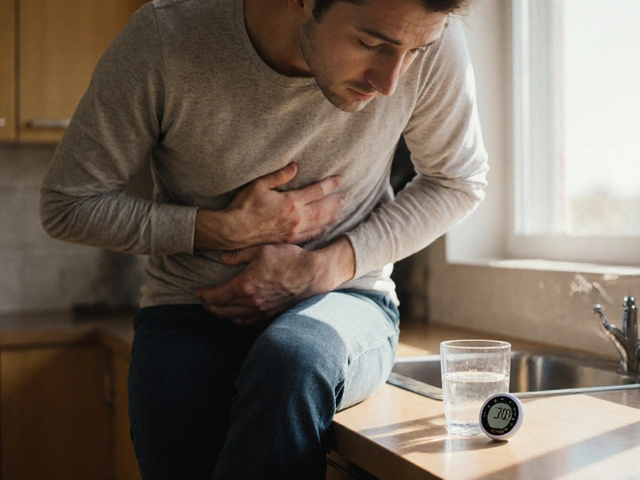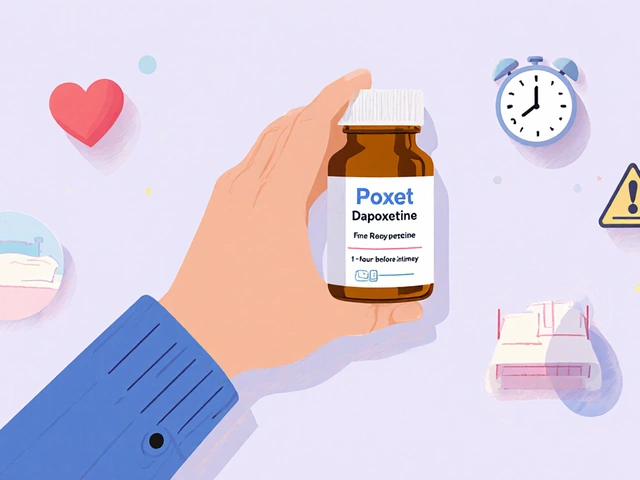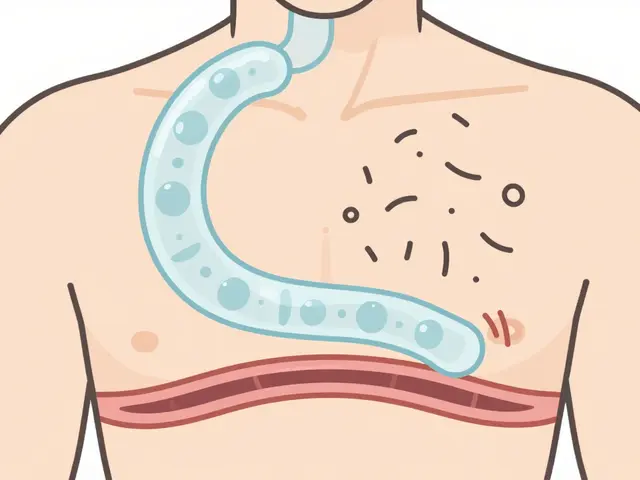Catching Up on Sleep: Practical Steps That Actually Work
Short on sleep? You can’t erase sleep debt in one night, but you can recover without feeling worse. This guide gives clear, practical moves you can use tonight and across the next week to feel sharper and calmer.
How to recover sleep without making things worse
First, don’t try to sleep 12 hours straight—big oversleeps can make your body clock worse. Aim to add 30–90 minutes to your usual sleep each night until you feel back to normal. If your schedule allows, go to bed 30–60 minutes earlier for a few nights rather than sleeping much later in the morning.
Use short, strategic naps. A 20-minute nap boosts alertness without leaving you groggy. If you need deeper recovery, a 90-minute nap completes a full sleep cycle and reduces grogginess. Avoid long naps late in the afternoon; keep naps before 3 pm so nighttime sleep stays intact.
Stick to consistent wake times. Even on bad nights, getting up at the same time helps reset your circadian rhythm. Consistency matters more than occasional extra hours in bed.
Simple habits that speed recovery
Light exposure is powerful. Get bright light in the morning—step outside or sit by a window for 15–30 minutes. That tells your body it’s daytime and helps you fall asleep earlier the next night.
Limit caffeine after early afternoon. Caffeine can stay in your system 6–8 hours and makes it harder to fall asleep. If you drink coffee, stop around noon. Same for heavy alcohol—while it may make you drowsy, it disrupts deep sleep and makes recovery slower.
Wind down with a short routine. Thirty minutes of low-stim activities—reading, light stretching, a warm shower—signals your brain that sleep is coming. Phones and bright screens should be off or in night mode; the blue light confuses your sleep clock.
Move your body earlier in the day. A 20–40 minute walk or exercise session in the morning or early afternoon improves sleep quality. Intense workouts right before bed can make it harder to fall asleep.
Watch food timing. Heavy meals late at night can disturb sleep. Aim to finish big meals two to three hours before bed and favor light, sleep-friendly snacks if you’re hungry (a small banana or yogurt, for example).
If you use medications or sleep supplements, talk to your doctor before changing doses or trying something new. Prescription sleep meds can help short-term but carry risks and should be used under medical advice.
When to see a professional: if you’ve tried these steps for two weeks and still feel exhausted, or if you’re falling asleep at dangerous times (driving, operating machinery), get medical advice. Chronic sleep problems can hide medical issues that a clinician can treat.
Small changes add up. Add 30–60 minutes of nightly sleep, use short naps, get morning light, cut late caffeine, and keep a steady wake time. Do that for a week and most people feel noticeably better.

Doxylamine for Sleep: Does It Really Help You Recover from Sleep Deprivation?
Struggling with sleep debt and thinking about doxylamine? This article uncovers whether this common over-the-counter sleep aid actually helps you catch up on lost rest. We dig into how doxylamine works, what you need to watch out for, and whether it's a real solution for sleep deprivation. You'll get practical tips, straight-up facts, and a dose of New Zealand perspective on rest and recovery. Dive in for the truth about doxylamine and sleep.
View More




